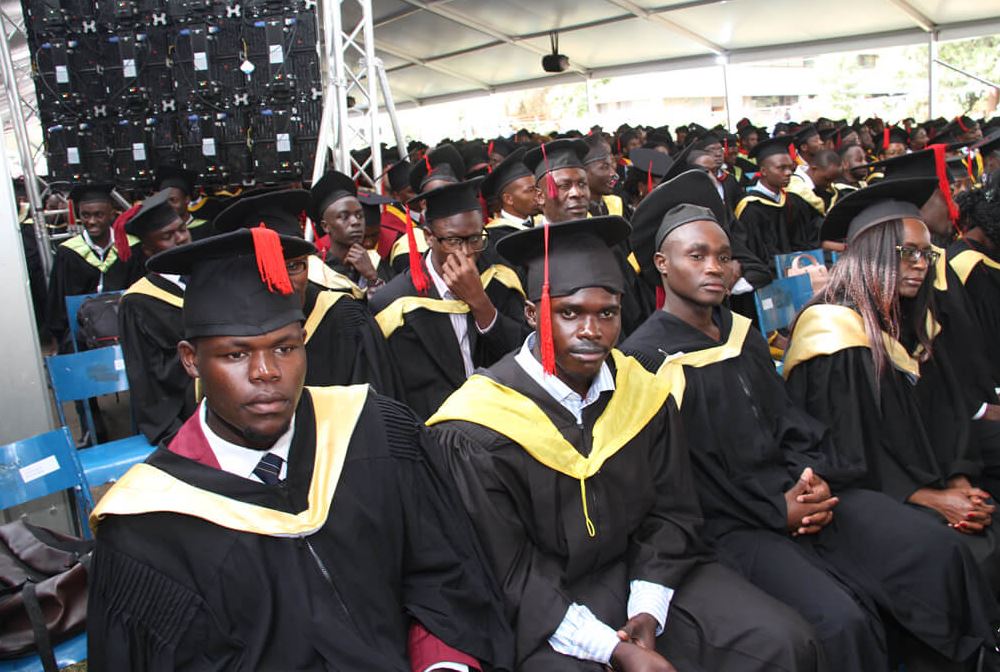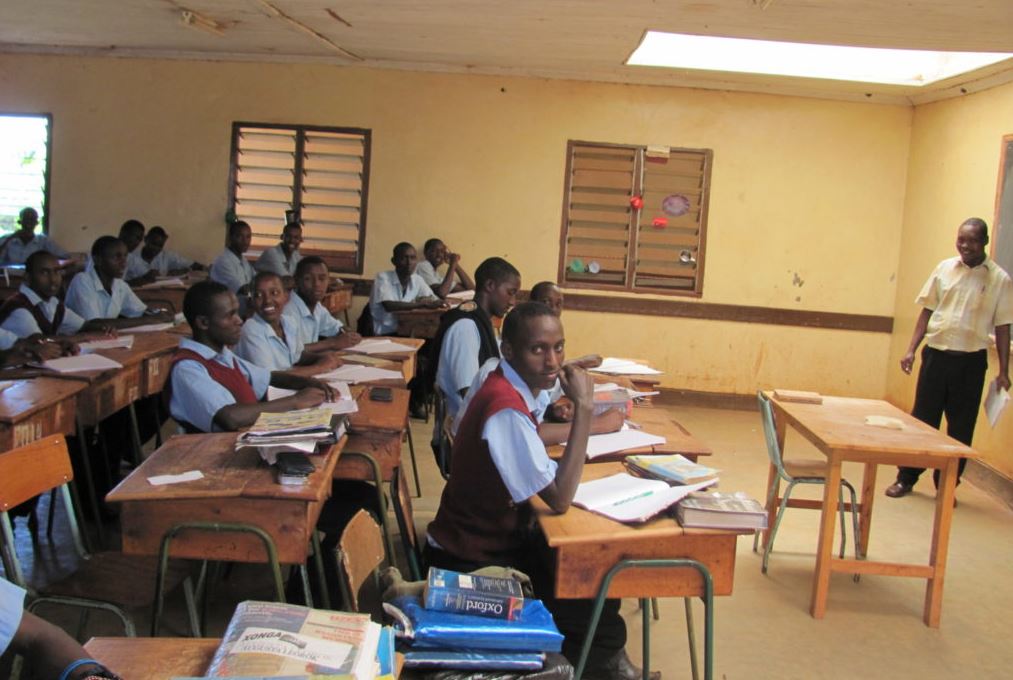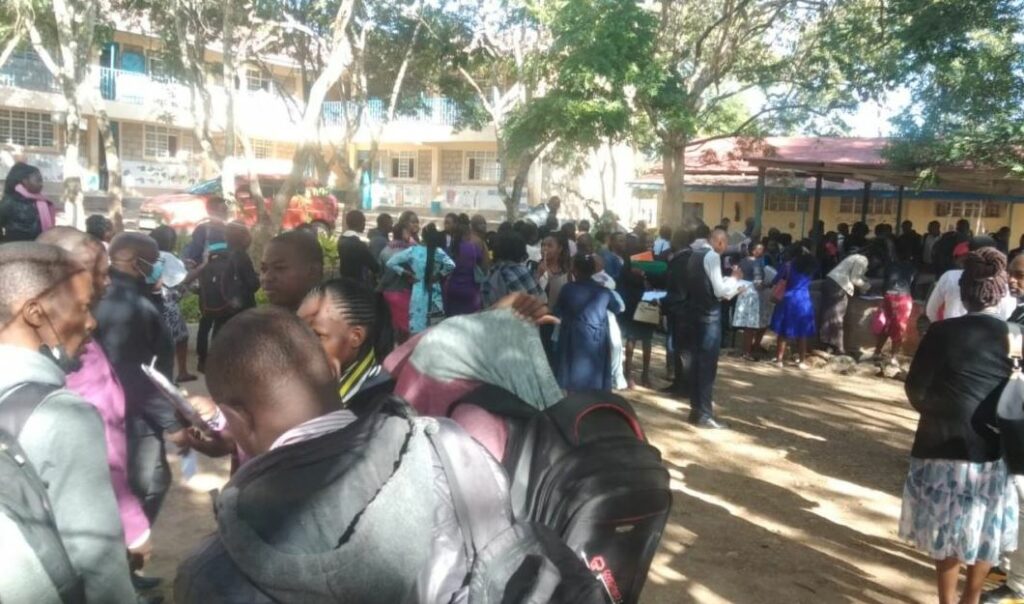 Starting January 2025, the Teachers Service Commission (TSC) will no longer accept 26 specific degree and diploma programs for teacher registration.
Starting January 2025, the Teachers Service Commission (TSC) will no longer accept 26 specific degree and diploma programs for teacher registration.
If you’re currently studying in these areas—or you’ve already graduated—this change will directly impact your ability to register as a teacher in Kenya.
The decision also affects individuals who’ve completed a Postgraduate Diploma in Education (PGDE) in any of these fields, emphasizing that the courses lack the level of subject specialization needed for Kenya’s school curriculum.
Which Courses Are Affected?
Here’s the full list of the programs TSC says will no longer qualify for teacher registration:
- Natural Resources
- Meteorology
- Forestry
- Animal Husbandry
- Horticulture
- Farm Machinery
- Fisheries
- Anthropology
- Sociology
- Theology/Divinity
- Journalism
- Kiswahili and Communication
- Business Management/Administration
- Banking and Finance
- Genomics
- Actuarial Science
- Environmental Science
- Criminology
- Biotechnology
- Engineering-Related Courses
- Industrial Chemistry
- Biochemistry
- Hospitality and Tourism
- Foods, Nutrition, and Dietetics
- Technology and Applied Biology
- Microbiology
If you’re working toward a degree in any of these fields, you’ll need to rethink your plans if becoming a teacher is your goal.
Why Is TSC Doing This?
Let’s dig into TSC’s reasoning. The Commission stated that this move is about maintaining high professional standards in teaching. The focus is clearly on aligning teacher qualifications with the demands of Kenya’s Competency-Based Curriculum (CBC).
TSC requires teachers to demonstrate in-depth expertise in at least two teaching subjects. Unfortunately, the Commission believes these courses don’t provide the depth or alignment with the current curriculum needed for effective classroom teaching.
As TSC explained, these programs simply don’t meet the subject-specific standards necessary for Kenyan schools.
What Does This Mean for Students and Graduates?
If you’ve already completed one of these programs, or you’re currently enrolled, this directive might leave you feeling uncertain about your next steps. The TSC has encouraged affected individuals to consider retraining in recognized teaching courses that meet its requirements.
For many, this may mean looking into additional educational programs or exploring entirely different career paths outside of teaching. It’s not an easy pivot, especially for students who’ve invested years in their studies. But it’s also an opportunity to reassess and find a path that aligns better with where the teaching profession in Kenya is heading.
Broadly speaking, this move is part of the TSC’s larger effort to raise teacher competency, better align classroom instruction with the CBC, and improve learning outcomes for students across the country.
Kenya’s education system is undergoing significant transformations, and ensuring teachers are well-prepared is at the core of these changes.
If you’re directly affected by this policy, there’s no need to panic. But it’s important to act. You can start by seeking guidance from the TSC about your options moving forward. Whether that’s switching to a recognized teaching program or exploring other careers that align with your current qualifications, there are pathways to adjust successfully.
For those still considering their career options, this decision highlights just how crucial it is to research the requirements for any profession you’re interested in. Teacher registration standards in Kenya are only getting stricter, which means students need to think carefully about their course selection.
At the end of the day, this is about ensuring the next generation of teachers has the skills and subject expertise to meet the challenges of today’s classrooms. It’s a big shift, but it’s also a clear statement about the direction Kenyan education is heading.








